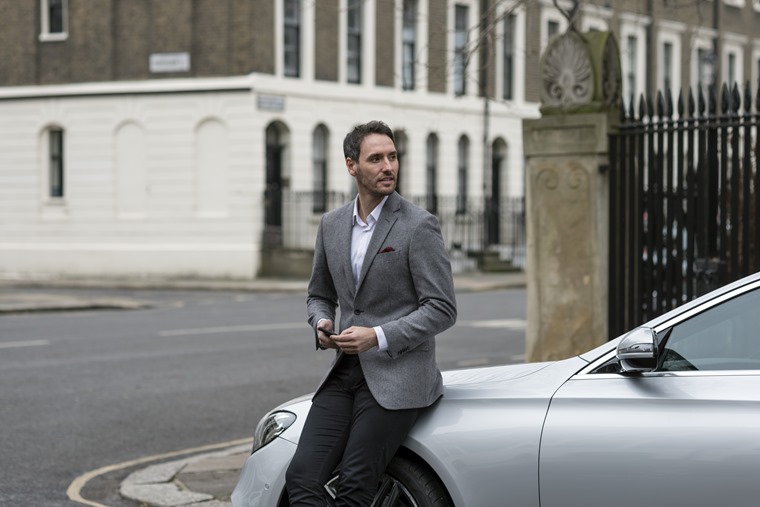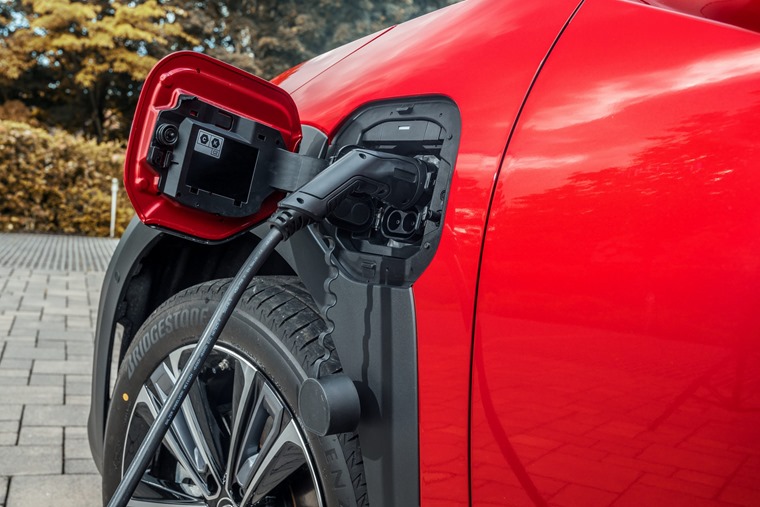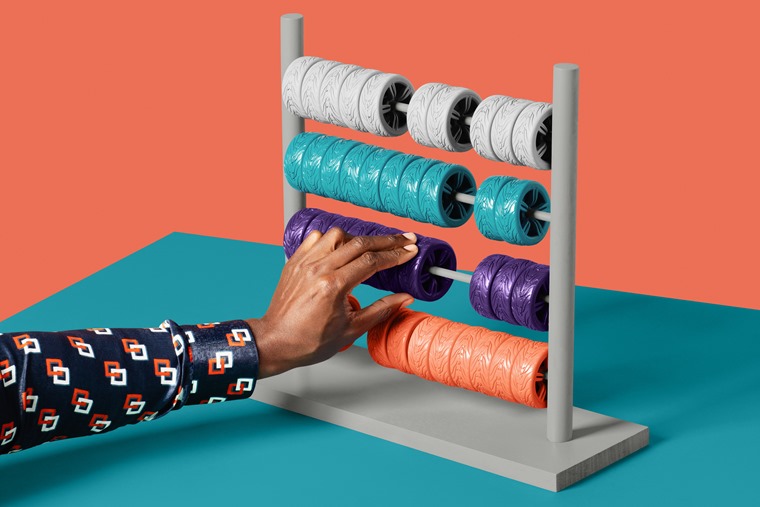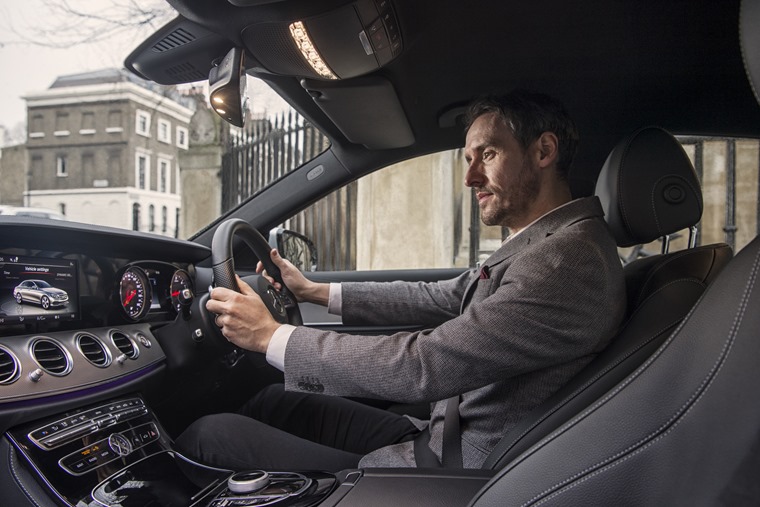Salary sacrifice vs leasing: Which is really best for you in 2023?
Leasing (personal contract hire) and salary sacrifice are two options that can both help reduce the cost of a new vehicle.
In fact, depending on the vehicle in question, both options can help you save around 30% compared to PCP offers. But which one is best depends on your exact situation.
To ensure you have all the details you need to make an informed decision, we’ve taken a look at the key pros and cons of each, and investigate some potential negatives about salary sacrifice that are easy to forget.

What’s the difference between car leasing and salary sacrifice?
Leasing
Car leasing is a popular form of financing a new car that offers lower upfront and monthly costs than other forms of finance like PCP (personal contract purchase). A lease agreement sees you take control of a car over a contractual period.
Though the car is in your possession, it’s not actually yours. Instead, you make fixed monthly payments to a lease company. When your contract expires, you simply return the car to the leasing company and are able to choose a new lease or other form of finance.
Salary sacrifice
Salary sacrifice is an employee benefit offered by some companies. It allows you to exchange part of your salary for a non-cash benefit such as a company car. The employee agrees with their employer to reduce their salary, and so you benefit from a reduction in tax and National Insurance.
You’re locked into the scheme for the duration of the contract. When the contract ends, you can either hand the car back or request a price to purchase the car outright, based on the car’s market value.

Car leasing vs salary: Key points compared
Who can get a lease or salary sacrifice car?
Anyone with a good credit score and UK driving licence can get a lease car. Salary sacrifice will only be available to employees of companies that are opted into such a scheme.
Those on lower wages may not be able to benefit from salary sacrifice, if the salary you give up means you’ll fall under the National Minimum Wage (NMW).
How do up front costs compare?
Both salary sacrifice and leasing offer lower up front costs than other forms of finance. Leasing simply requires a set amount of monthly payments up front (usually 1,3, 6 or 9 months’ worth) plus any admin fees. Salary sacrifice schemes don’t incur any upfront payments.
What about monthly costs?
You’ll find monthly lease costs lower than other forms of finance whether you’re after a petrol, diesel, hybrid or electric vehicle, whereas salary sacrifice only offer savings on fully electric vehicles.
This is due to a salary sacrifice vehicle technically being a company car, so choosing anything other than a fully electric vehicle exposes you to higher BIK rates, often offsetting monthly savings you make compared to a lease.
Who owns the car?
With both leasing and salary sacrifice schemes, you don’t own the car. In the case of a lease, the leasing company will own the car over the duration of the contract. With salary sacrifice schemes, the scheme provider will own the vehicle.
What happens at the end of an agreement?
At the end of either a salary sacrifice scheme or a lease agreement, you simply hand the car back.
Are there any negatives to salary sacrifice?
Salary sacrifice enables employees to exchange part of their salary for a non-cash benefit. But having ‘your’ car linked so directly with your workplace and finances does bring with it some drawbacks.
You could lose ‘your’ car
Your salary sacrifice vehicle is a workplace benefit. This means you may lose ‘your’ car if you ever leave the company or find a new employer.
You only benefit from savings on certain vehicles
While in theory you can salary sacrifice any car, the benefit is minimal for ICE cars as the car is taxed as an employee benefit under Benefit in Kind (BIK).
It decreases your borrowing power
Sacrificing part of your salary lowers your declarable earnings. This may negatively impact you if you are trying to secure a mortgage, loan or other financial product.
Low pension contributions
Unless your employer has a policy to base contributions on your salary before you opt for a salary sacrifice vehicle, you will receive less pension contributions because your salary has reduced.
Savings can be overhyped or unclear
A salary sacrifice deal might bring large savings on the base lease offer, but that ‘base’ lease offer will not be competitive. In fact, using a comparison site like Leasing.com may show that the savings advertised might be less than they first appear.

Car leasing vs salary sacrifice: So which offers the greatest saving?
That’s not an easy question to answer, as it depends on the exact model you choose, as well as which tax bracket your salary falls within. For example, the biggest savings to be gained from salary sacrifice are those who fall into higher 40%+ tax brackets.
You’ll save much more tax on the income you forego if you’re in this higher tax bracket. Lower rate taxpayers can also make savings, but the gains aren’t as drastic. Remember though, these savings will only apply if you are interested in an electric vehicle.
This is because the current BIK rate on electric vehicles stands at just 2% of the car’s value, while hybrid vehicles and petrol/diesel models are taxed at a BIK rate of up to 14% and 37% respectively.

So which is best?
Which is best for you depends. Like any financial product, you should do the maths and ensure you’re comfortable with what you are signing up for, especially with salary sacrifice.
For example, you don’t want to take out a salary sacrifice scheme and a few months later find out that the lower income will harm a mortgage application or your loan eligibility.
It’s also worth comparing lease offers from other providers on a site like Leasing.com – not just those advertised by salary sacrifice providers. Some “good deals” might not be as great as they first appear.
You can read more about how leasing works and find further info on salary sacrifice schemes in our guides hub.

